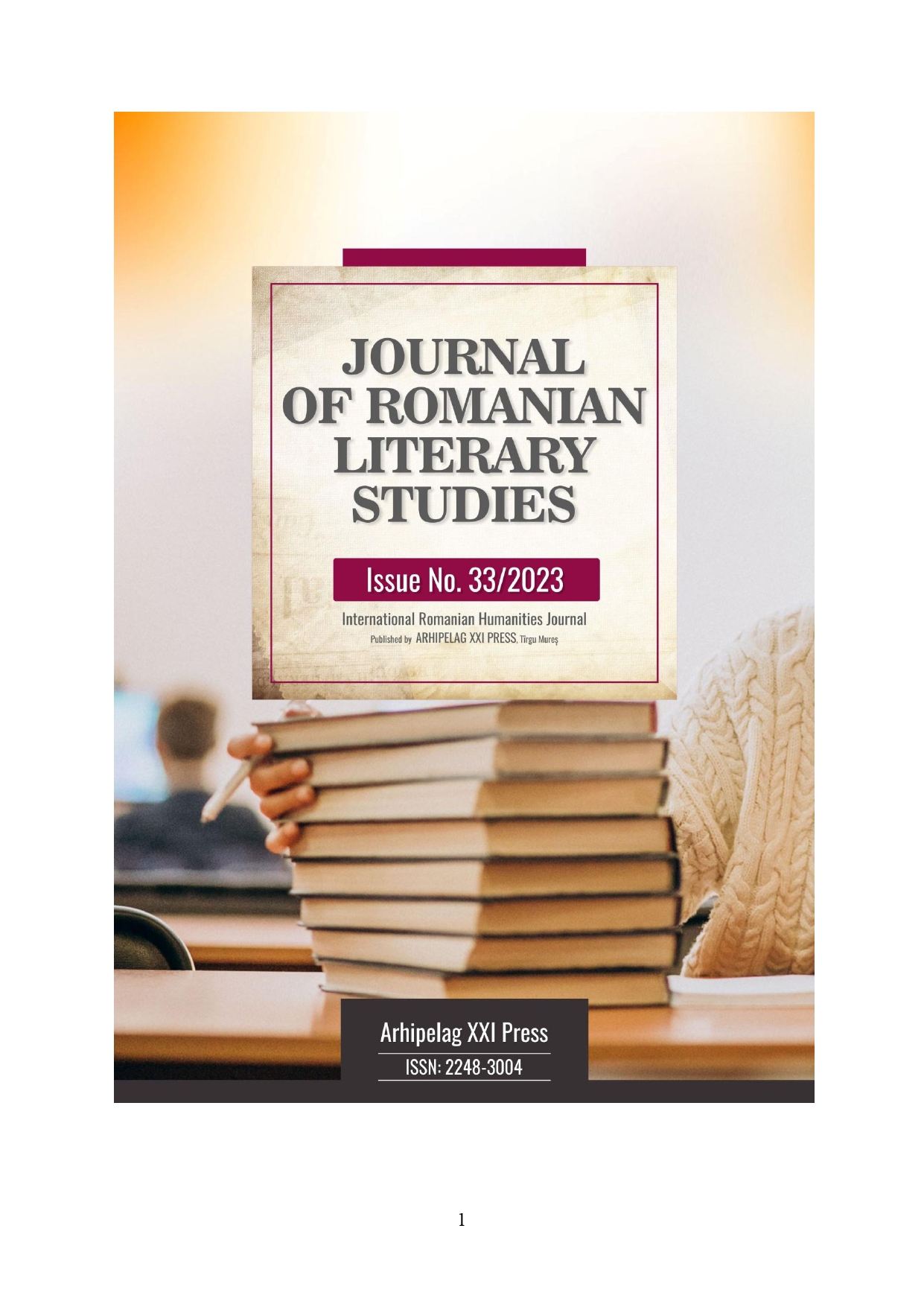PROLETCULT LANDING IN THE DESTINY OF IOANA POSTELNICU AND HENRIETTA YVONNE STAHL
PROLETCULT LANDING IN THE DESTINY OF IOANA POSTELNICU AND HENRIETTA YVONNE STAHL
Author(s): Felicia Rodica Aliu (Brîncoveanu)Subject(s): Cultural history, History of ideas, Political history, Social history, Novel, French Literature, Romanian Literature, History of Communism, Philology, Theory of Literature
Published by: Editura Arhipelag XXI
Keywords: proletarianism; socialist realism; laborism; censorship;
Summary/Abstract: Etymologically, the term proletcultism comes from the Russian, "proletarskaia kultura", meaning a culture of the proletariat, of workers in factories and construction sites or of peasants co-opted into agricultural households. The task of ennobling these environments fell to the writers. A significant number of intellectuals abdicated from this mission, which was impossible, the others continued their way, not easy either, offering works in the patterns required by this false literary doctrine in which narrative art is overshadowed by an idealized typology of characters, out from the ranks of the many, but capable of escalating any obstacle. Among the intellectuals who passed through the filters of socialism were the two writers, Ioana Postelnicu and Henriette Yvonne Stahl, a fact that influenced thematically, aesthetically, ideologically their works published between 1959-1970. The writings published in these decades managed to see the light of day, but they are impregnated with ideas promoted by the communist party, even if in the subtext the reader can sense the ironic spirit and the blaming nuances, the revolt against the harsh regime they faced not only in real life, but also artistically. Their creations from this period characterize socialist realism. The directions imposed by the era and the period lead to a frustrated narrative that lacks lyrical thrill. The novelty of the novels lies in the art of portraiture, which slides towards psychologism. In some places, historical, political or working-class tensions also arise. In the novels of both writers, the protagonists are teenagers in order to emphasize the idea of a newly formed generation in the spirit and in the law of the proletcultist doctrine.
Journal: Journal of Romanian Literary Studies
- Issue Year: 2023
- Issue No: 33
- Page Range: 693-701
- Page Count: 9
- Language: Romanian

